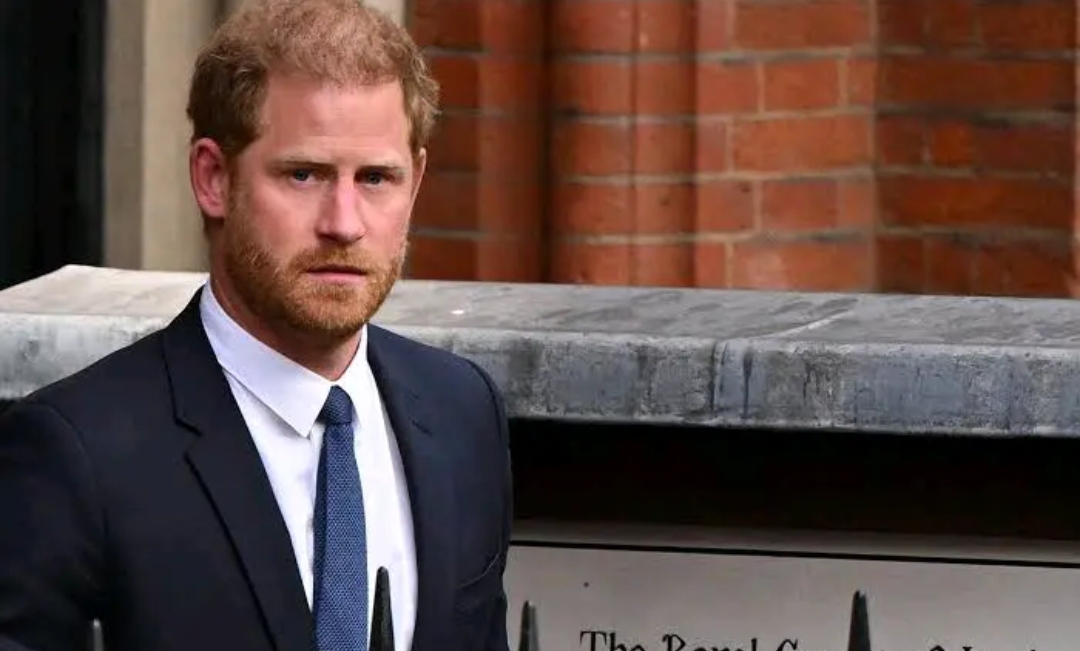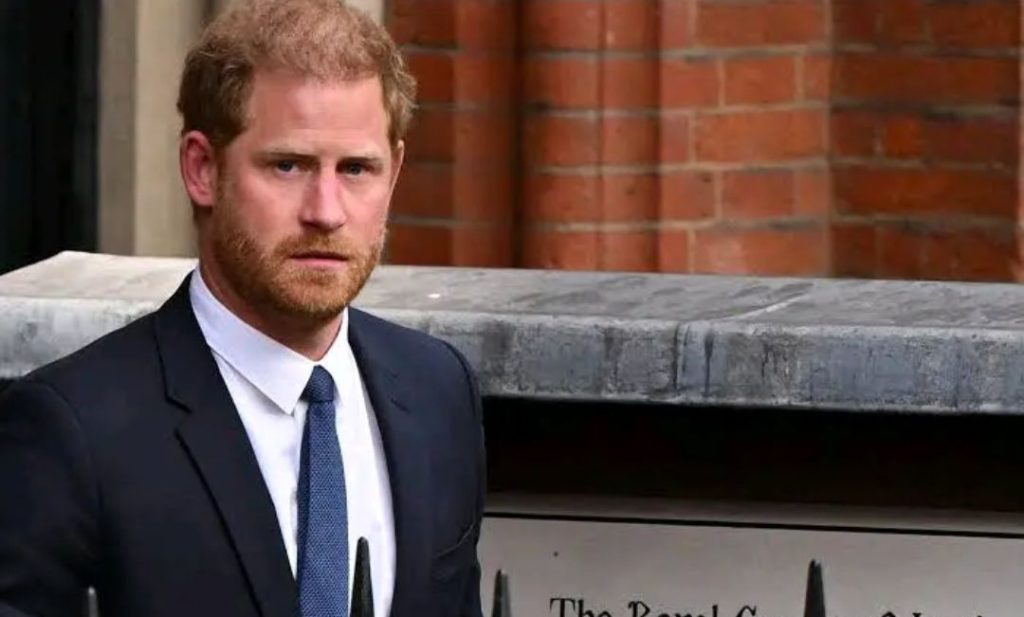
The Duke of Sussex, Prince Harry, has suffered a crushing defeat in the High Court after a judge ruled that he made multiple incorrect claims throughout his legal battle challenging a decision to remove his taxpayer-funded security when visiting the UK.

According to GB News, The ruling, handed down on Wednesday by Mr Justice Lane, found that Prince Harry made seven key claims that were incorrect or misleading during the course of his case against the Home Office. The judge systematically dismantled each of the claims, dealing a devastating blow to the Duke’s fight to restore his full police protection.
The case centered around a 2020 decision by the Executive Committee for the Protection of Royalty and Public Figures (Ravec) to strip Prince Harry’s automatic right to police protection after he stepped back from royal duties. Harry argued that the decision left him and his family vulnerable and that he should be entitled to the same level of security afforded to other members of the royal family when visiting the UK.
However, Mr Justice Lane found the decision to provide Prince Harry security on a case-by-case basis, based on the level of threat at any given time, was “legally sound.”
The first incorrect claim highlighted by the judge related to Prince Harry’s assertion that the decision was made in secret without his knowledge. The judgement stated this was false, referencing a January 2020 document from Buckingham Palace warning the Duke he would likely need private security in the future.
Additionally, Harry claimed he should receive an “ongoing presence” of protection while visiting the UK, which the judge firmly rejected. He ruled that the specially devised process for determining the Prince’s security needs was appropriate and that there was no basis for him to have a permanent protective detail.
The ruling also called out Prince Harry for making misleading statements about discussions with former Ravec chairman Sir Richard Mottram regarding security arrangements. It found that, contrary to the Duke’s claims, Sir Richard had clearly communicated that decisions would be made case-by-case based on evaluated threats.
Overall, Mr Justice Lane was scathing in his assessment of Prince Harry’s legal arguments, stating that his lawyers had adopted an “inappropriate, formalist interpretation” of Ravec’s policies and procedures. He dismissed assertions that the Duke had been treated unfairly or differently than other royal family members.
The comprehensive defeat raises serious questions about Prince Harry’s judgement in pursuing the case and has left his reputation battered. While a spokesperson has indicated plans to appeal, the British public may be losing patience with the protracted legal fights.
With the Duke striving to repair fragile relationships with his father King Charles III and brother Prince William, this failed courtroom battle represents another setback in restoring bonds with the royal family. It also deals a financial blow at a time when Harry faces legal costs running into the hundreds of thousands
The wider implications of the ruling remain unclear but limit the options for Prince Harry to securely visit the UK. Though he remains passionate about causes like the Invictus Games, safety concerns could jeopardize future trips or require major security assistance from private firms.
As the dust settles from this stinging legal rebuke, the Duke and Duchess of Sussex will need to reflect carefully on their next steps. With bridges burned on multiple fronts after a series of PR missteps, the road back to royal redemption looks increasingly difficult.
For the Home Office and defenders of the public purse, the High Court judgement is a welcome validation of Ravec’s decision-making regarding royal security. It reinforces the principle that taxpayer resources should be allocated fairly based on assessed needs, rather than by default due to privilege or status.
While Prince Harry emphasizes that the UK will always be his home, this ruling confirms that since stepping away from official duties, the privileges and protections afforded by his royal role have fundamentally changed. His failed courtroom gambit only underscores the finality of that separation.




